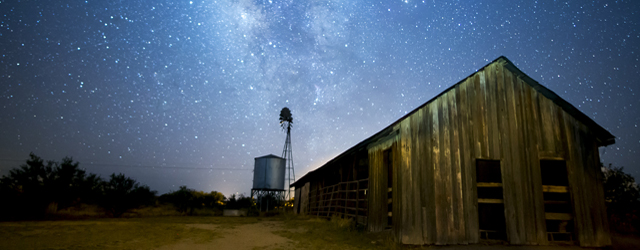The Art of Being Lost

The cicadas are four years early. They were supposed to emerge from their underground burrows in 2021, but the seventeen-year cicadas — or some of them anyway — have gotten itchy and decided 2017 is close enough for rock and roll.
Entomologists have no idea why this generation has decided to buck the system, but you can hardly blame them. Thirteen years of sucking on tree roots should be more than enough for anybody.
These early emergers they call “Brood X”, and maybe it’s because I’m an elder member of Generation X that I sympathize. Like them, I tend to stay in one place for years and then, for reasons even I don’t understand, I get the need to light out, change the scene, see the world.
Like 13 years ago, coincidentally, when I got a call from a friend. He was a builder for Habitat up in Athens, Georgia, where I used to live. I was working then in Peachtree City on the other side of Atlanta. He said he’d had a donation of air conditioners and asked would I help go fetch them. I asked where they were and he said Mississippi.
I’d been through Mississippi exactly twice before, on my way to and from Mexico with another friend to see the Great Eclipse of 1991 some 13 years prior, again coincidentally. We rode buses coast to coast, and then seven hundred miles through the desert to the tip of Baja California through mountain roads so narrow that at night approaching drivers turned their left blinkers on to reveal the precise edges of the passing vehicles in the lampless dark.
We had no destination except a spot in the desert near La Paz where the eclipse would appear directly overhead at noon. As it happened, the small local college in La Paz was hosting scientists from around the world. But it being summer, the regular staff was gone, and none of the science faculty were fluent in English. When we showed up at their door, they offered to let us pitch a tent on their baseball field and use the showers in the gym if I would translate for them, which we immediately agreed to.
We stayed two weeks, and in our rambles through the surrounding hills came upon a tiny church where a goat herder, years earlier, had discovered a cache of Spanish gold and before moving to Acapulco built the church to thank heaven for his good fortune. On the morning of the eclipse we hiked up and climbed to the roof, and by noon we’d been joined by other travelers from as far away as Germany and Japan who had also somehow run across the place and together our small band of strangers witnessed one of the true wonders of this world, a wall of darkness rushing from the ocean across the desert and engulfing us as the sun turned black with a fiery halo.
I had the itch again, so I agreed to help with the air conditioners, and off we went to a farm town where my friend’s grandparents lived, which is how he came to hear about the ACs. They put us up for the weekend, fed us fresh tomatoes and sweet corn and pork chops, and we fished from their pond under the scant shade of the cottonwoods before loading up the AC units and hauling them back. While there I wrote a new song, which I hadn’t done in some time. Something about travel just makes you want to sing a tune that’s never been sung before.
In 2014 I moved back to Athens, closer to my father who lived in a little hill town called Murrayville. He and my mother had married too young and split when I was a boy. And it was then that I found out from my stepmother that my dad had the itch, too. When the afternoons grew too long and the days too much the same, he’d say, “Want to get lost?” Then off they’d go, just turning wherever the road looked most inviting, stopping at barbecue shacks and roadside stands and wide places with a view.
That was before the cancer made travel impossible, of course. Before we had to set a bed up in the living room for him, so he could watch the news and be close to the kitchen and see the road from the window.
By that time my friend had become executive director of the local Habitat, and I’d started running my own business. My father passed away in 2016, and this year my friend lost his grandfather, the one who’d let me sleep under his roof and fish from his pond and eat food from his garden at his table.
In a sense, I don’t suppose any of us can stand still, really. We are all spinning in space with the planet, lost in that immense dark, journeying through implacable time. And perhaps like the cicadas we will emerge into some bright new world at the end of our stay here.
But in the meantime, before that wall of shadow comes, at least we can be lost together. At least we can be fellow travelers, joined in our humanity at this sacred bright spot in the void, staring in wonder at a creation we will never comprehend, and sharing in its terrible and relentless beauty.
Image: Las Cienegas, Bob Wick, Bureau of Land Management
This story originally appeared in Southern Distinction magazine.
Read every story from Paul Thomas Zenki (and thousands of other writers on Medium).
Paul Thomas Zenki is an essayist, ghostwriter, copywriter, marketer, songwriter, and consultant living in Athens, GA.